A Marvelous Read
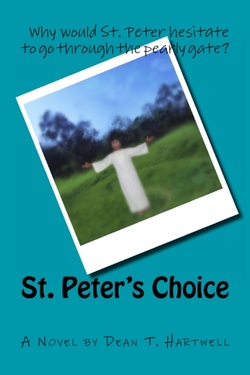 Click the picture to buy this book!
Click the picture to buy this book! Reviewed by Jack Magnus for
Readers' Favorite
St. Peter's Choice is a metaphysical novel written by Dean T. Hartwell. It takes place on Judgement Day, the day when the saved are rewarded with Heaven, and the sinners are consigned to lakes of fire. St. Peter is reading the names from the list that God has given him. While he is doing so, he happens to overhear a conversation between God and a non-Christian. This person had lived a good and virtuous life, but did not embrace the concept of Jesus as his personal savior. God faults the man for not confessing his sins and sends him to hell. The man answers that losing one's integrity is worse than being sent to hell. The man then meets two other rejected souls in a place where he hears the crackling of flames. They question the power of those flames, and the flames disappear. St. Peter is intrigued by what he hears and goes to converse with the three.
Dean T. Hartwell's metaphysical/philosophical novel, St. Peter's Choice is a marvelous read. Hartwell contrasts what St. Peter remembers of his time with Christ with what his informants are telling him of the Bible as they know it. Hot-button issues such as gay marriage, women's equality and evolution pop up during the conversation. One particularly interesting chapter is the gospel according to X, wherein X tells what he thinks Christ's story is. This gospel made a lot of sense to me. Other important issues that are brought up in St. Peter's Choice are how some gospels were not included in the Bible as not pushing the church leaders' agenda, and how greedy, mean-spirited and hateful people can be accepted into heaven just because of their belief in Christ as a personal savior. At what cost to your soul and integrity do you walk through those pearly gates? That's the decision St. Peter must make and it's grand reading the dialogue as he makes up his mind.
Rating: 5.0 stars
Reviewed by Melinda Hills for Readers' Favorite
If you don’t believe in heaven, is hell real? In St. Peter’s Choice by Dean T. Hartwell, the traditional concept of the Last Judgment is under careful scrutiny with the application of logic. Inconsistencies in what Christians believe to be the ‘Word of God’ are brought into question and the validity of the Bible itself is examined in light of modern research. By following his curiosity, St. Peter learns of the use of free will to reach decisions about what to believe instead of living life based on blind faith and obedience. He understands that choices have consequences, but is surprised to find that the consequences are not real when there is no belief in them or their alternatives. Heaven may just be how one lives life – not some illusion that is promised as a reward for accepting a particular set of beliefs.
Dean T. Hartwell uses a fictionalized St. Peter to express his opinions about the nature of God and blind belief in what have traditionally been seen as His laws. St. Peter’s Choice essentially outlines what could be called flaws in the logic of Christian dogma and questions why a loving God would keep anyone from the Kingdom of Heaven. He proposes that Jesus was speaking in code and was actually part of a conspiracy to overthrow Roman rule. That leads to the assertion that the Bible should be taken figuratively and not literally, and that to insist on adhering to it word for word is to defy logic and common sense. This is great reading as a starting point for an interesting discussion or as a stepping stone to learn more about the modern quest for understanding other possible stories of Jesus.
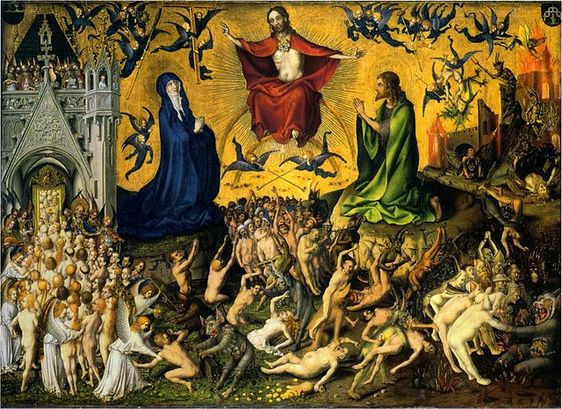

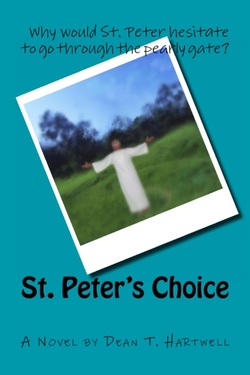
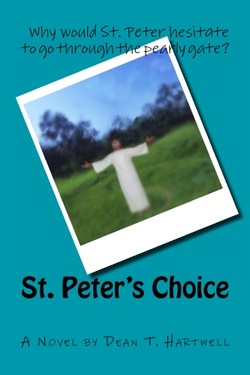

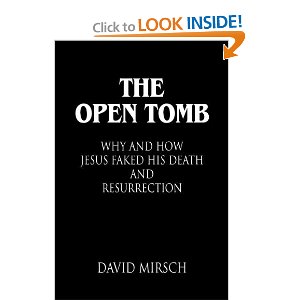
 RSS Feed
RSS Feed
